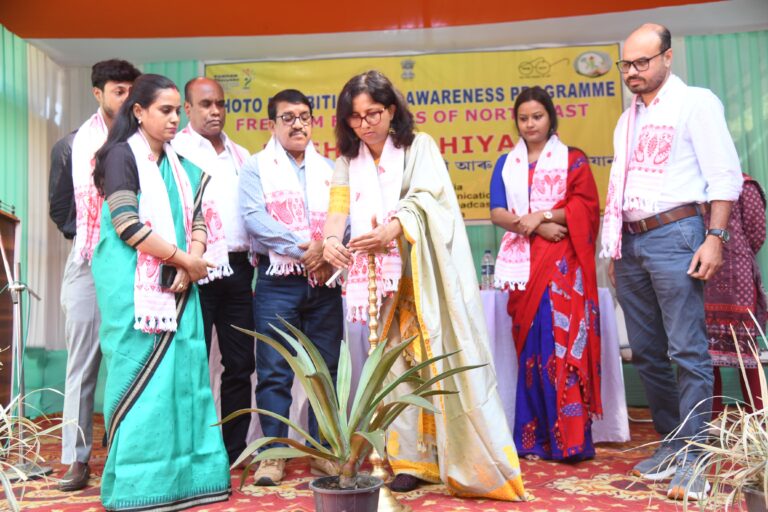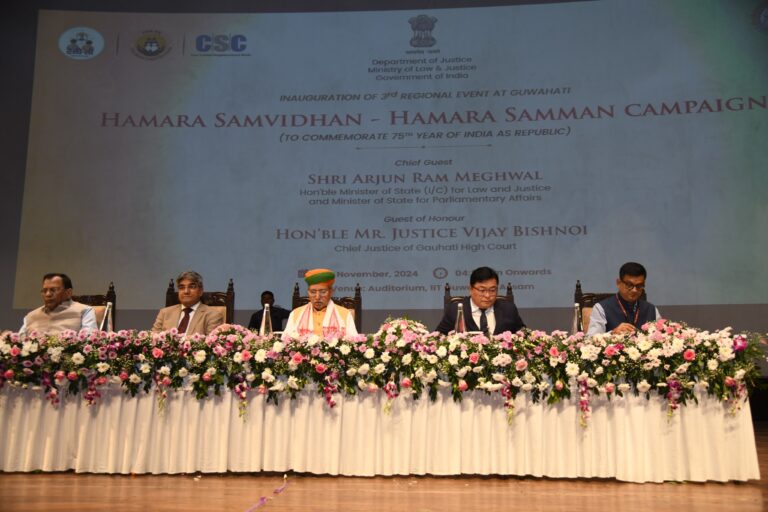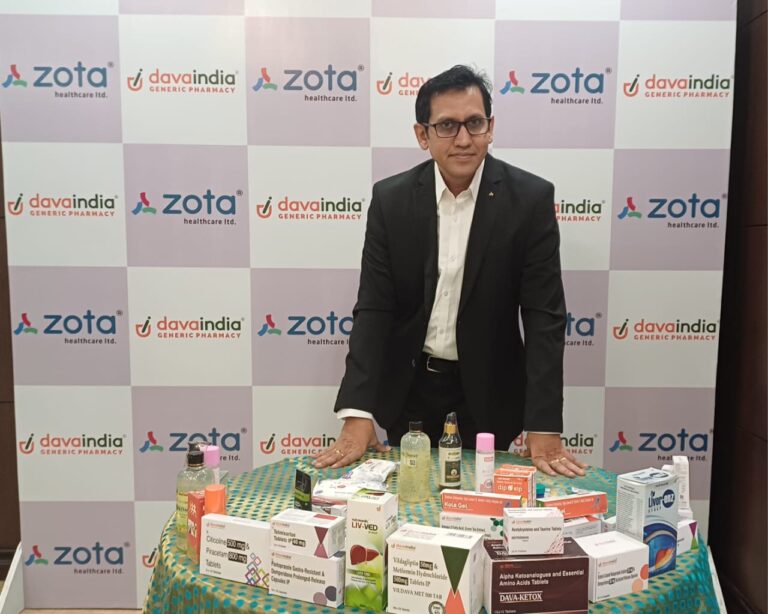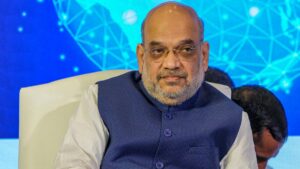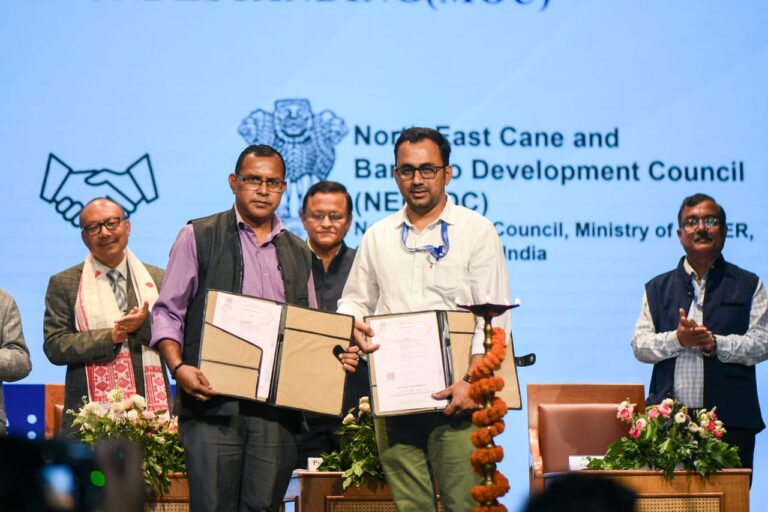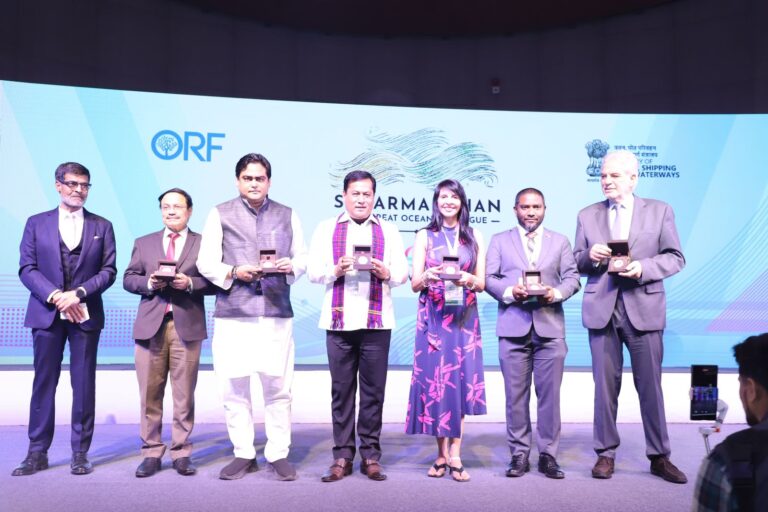West Guwahati Constituency, Rani Mairapu – In an initiative aimed at mitigating the rising human-elephant conflict in the West Guwahati constituency, a banquet was hosted today for farmers from various villages. The gathering witnessed the participation of key figures, including Center Manager VCBC, Assam Sachin Ranade, Senior Project Officer David Smith of WWF India, President of the Rani Regional Sixth Schedule Demand Committee Baul Rabha, Nalapara Zonal Forest Officer Dulu Mohanta, and Shukurberia Zonal Forest Officer Shamir Ali. Dinesh Nath, President of the Rani Mairapur Elephant Protection Committee, and journalist Jon Rava were also present, along with numerous local farmers.
The focal point of the banquet was the discussion on proactive measures to address the escalating conflict between elephants and humans in the Rani area. WWF India, a voluntary organization, pledged to take significant steps in the coming days, focusing on blocking solar walls on elephant access roads. Dr. Sachin Ranade of the Iphaleshgun Conservation Breeding Center emphasized the importance of proper disposal of carcasses, stating that dead cows and goats succumbing to diseases should be buried adequately to prevent vultures from consuming them.
Dr. Ranade highlighted a concerning decline in the vulture population, stating that in 1980 and 1990, India had 40 million vultures. Regrettably, the current count has dwindled to a mere 50,000 vultures of all species in the country. This collaborative effort aims not only to protect the local community from the dangers posed by elephant-human conflicts but also to address broader ecological challenges affecting the region.
It may be mentioned that WWF India and local leaders work together to implement strategic solutions for coexistence between humans and elephants in West Guwahati.








